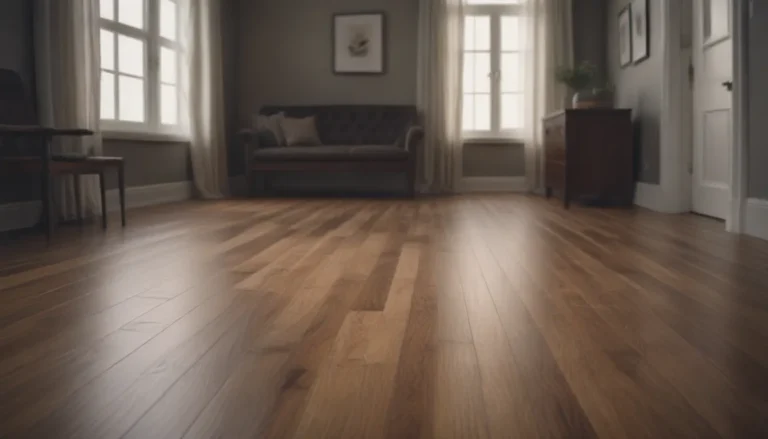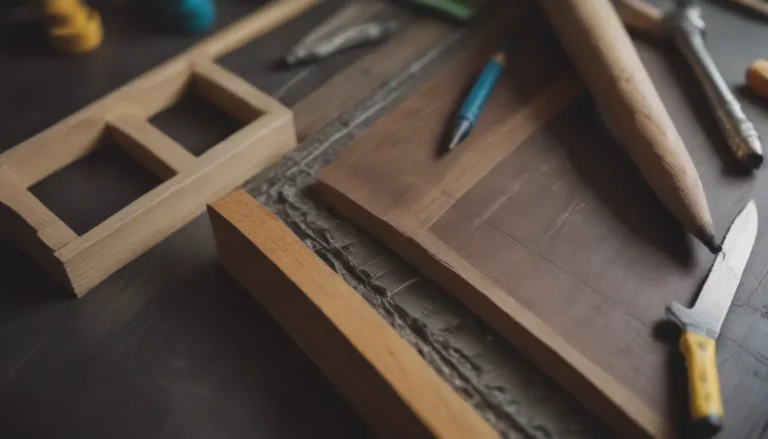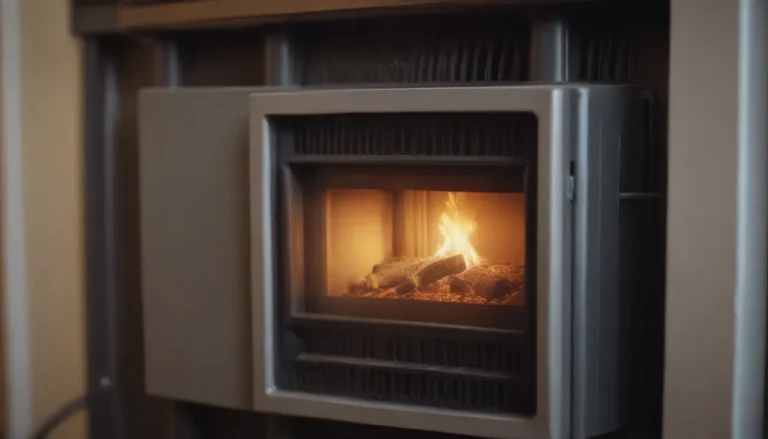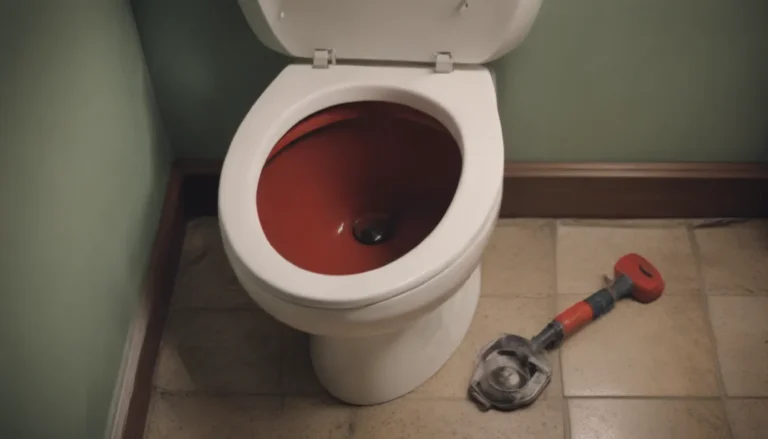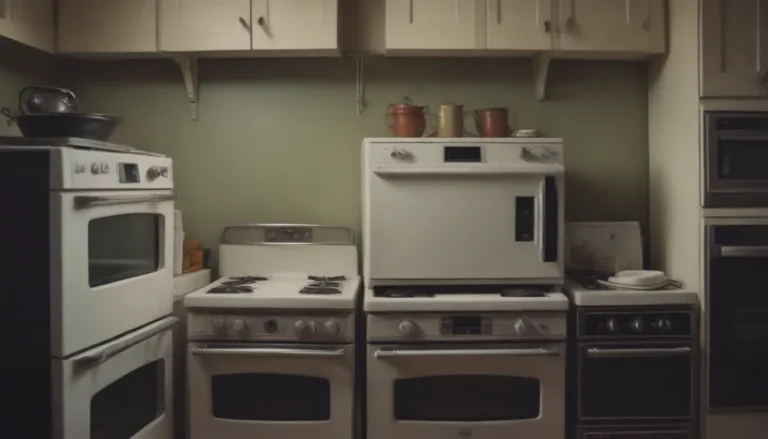The Complete Guide to Hollow Core Doors: Everything You Need to Know Before You Buy
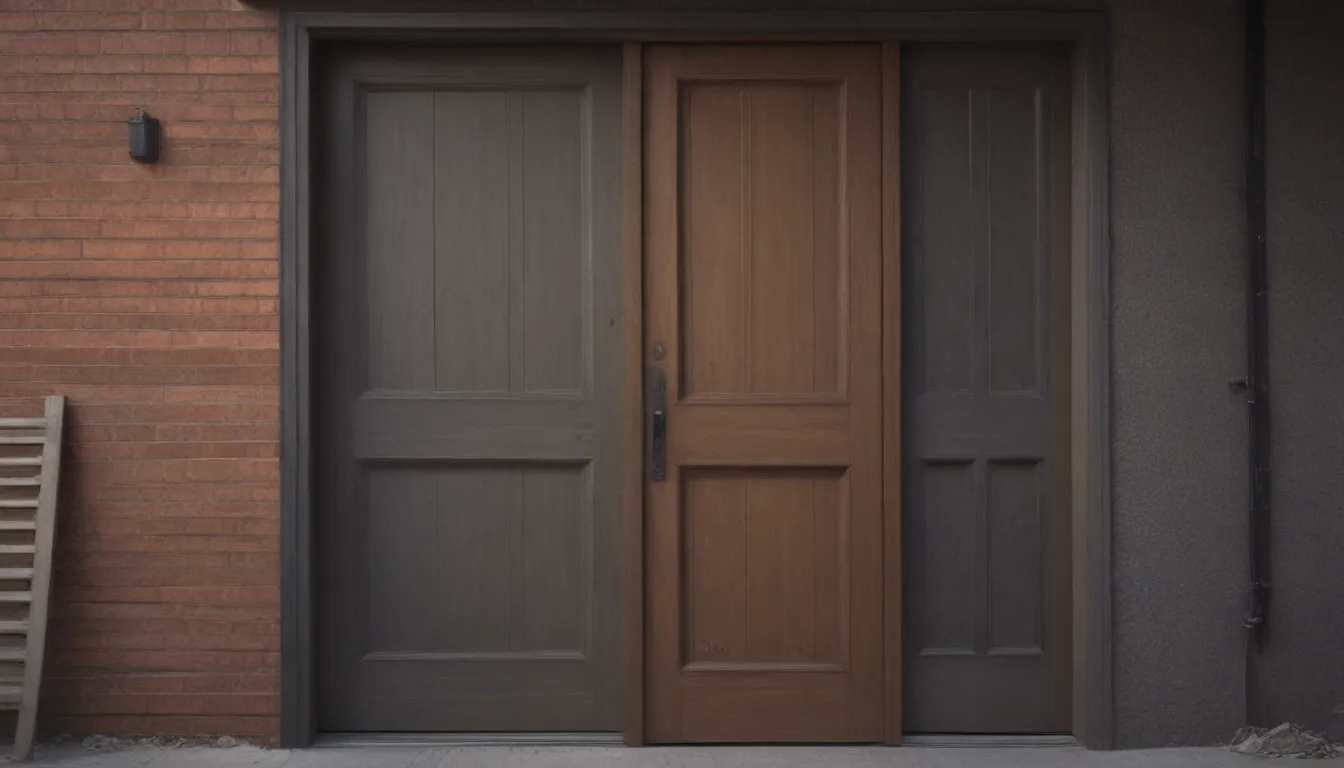
Hollow core doors are a common choice for interior doors in modern homes due to their affordability and ease of installation. However, there are some important factors to consider before making a decision on whether to install hollow core doors in your home. In this comprehensive guide, we will explore everything you need to know about hollow core doors, including their construction, pros and cons, and alternatives.
What Is a Hollow Core Door?
Hollow core doors are typically made of fiberboard or laminated wood with a honeycomb cardboard interior. This unique construction gives the door a lightweight feel while still maintaining its structural integrity. The edges of the door are typically made of MDF or softwood, such as pine. These doors are designed for interior use only, as they lack the durability and weather resistance needed for exterior applications.
The honeycomb cardboard spacers inside the door help to maintain its shape and prevent warping. While hollow core doors are lightweight and easy to install, they do have some drawbacks, such as poor soundproofing and lower durability compared to solid core doors.
Hollow Core Doors vs. Solid Core Doors
Solid core doors are a popular alternative to hollow core doors, offering greater durability and soundproofing capabilities. Solid core doors have a heavy fiberboard core with a hardwood veneer exterior, making them more substantial and secure than hollow core doors. While solid core doors can be more expensive, they are often preferred for areas where soundproofing is important, such as bedrooms and home offices.
Hollow Core Doors:
- Inexpensive
- Lightweight
- Easy to install
- Lower durability
- Poor soundproofing
Solid Core Doors:
- More durable
- Heavier
- Better soundproofing
- Easier to customize by sanding
Pros and Cons of Hollow Core Doors
Hollow core doors have several advantages and disadvantages that homeowners should consider before making a decision. Here are some of the main pros and cons of hollow core doors:
Pros:
- Affordable option for interior doors
- Lightweight and easy to install
- Ideal for replacing multiple doors in a home
Cons:
- Lower durability
- Poor soundproofing capabilities
- Cannot be sanded or refinished
When deciding whether to install hollow core doors in your home, it’s essential to weigh the pros and cons against your specific needs and budget. While hollow core doors may be a cost-effective solution for some homeowners, others may prefer the durability and soundproofing benefits of solid core doors.
Should You Install a Hollow Core Door?
When considering whether to install hollow core doors in your home, there are a few key factors to keep in mind. While solid wood doors offer superior soundproofing and durability, hollow core doors have their own advantages that may make them the right choice for your home.
One significant advantage of hollow core doors is their ease of installation. These doors are lightweight and easy to maneuver, making them a practical option for DIY projects or homes with multiple doors to replace. Additionally, hollow core doors are more budget-friendly than solid core doors, offering a cost-effective solution for homeowners looking to update their interior doors without breaking the bank.
If you’re looking for a compromise between hollow core and solid core doors, solid core MDF doors may be the ideal solution. These doors provide the soundproofing benefits of solid core doors at a lower cost, making them a popular choice for homeowners seeking a middle-ground option.
Alternative Door Options
For homeowners who want to enhance the soundproofing and durability of hollow core doors, there are a few alternative options to consider. One option is to fill the hollow core of the door with insulation foam, which can help reduce noise transmission and improve energy efficiency. While this method can be messy and challenging to do correctly, it can be an effective way to enhance the performance of a hollow core door.
Another alternative to hollow core doors is solid core wood doors. While these doors are heavier and more expensive than hollow core doors, they offer superior durability and soundproofing capabilities. Solid core wood doors are an excellent choice for areas where noise reduction is a priority, such as bedrooms or home offices.
Conclusion
In conclusion, hollow core doors offer a cost-effective and practical solution for homeowners looking to update their interior doors. While they may not offer the same level of durability and soundproofing as solid core doors, hollow core doors have their advantages, including ease of installation and affordability. By weighing the pros and cons of hollow core doors against your specific needs and budget, you can make an informed decision on whether they are the right choice for your home.
